Talk Overview
Dr. Tessier-Lavigne describes his own journey from academics to biotechnology and explains why it is exciting to be working in biotech at this moment in time. He presents points for consideration in choosing between academics and industry, or a small start-up and a larger, established company. This lecture may leave you thinking that a post-doc or career in biotech might be a good fit for you.
Speaker Bio
Marc Tessier-Lavigne
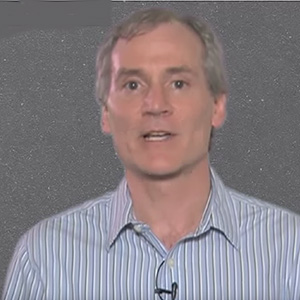
Dr. Tessier-Lavigne is Executive Vice-President of Research and Chief Scientific Officer at Genentech where he is responsible for directing all basic and disease research and drug discovery efforts. He also maintains his own research group focused on the wiring of the developing brain, as well as neuronal re-wiring after injury and the process of neurodegeneration. Continue Reading
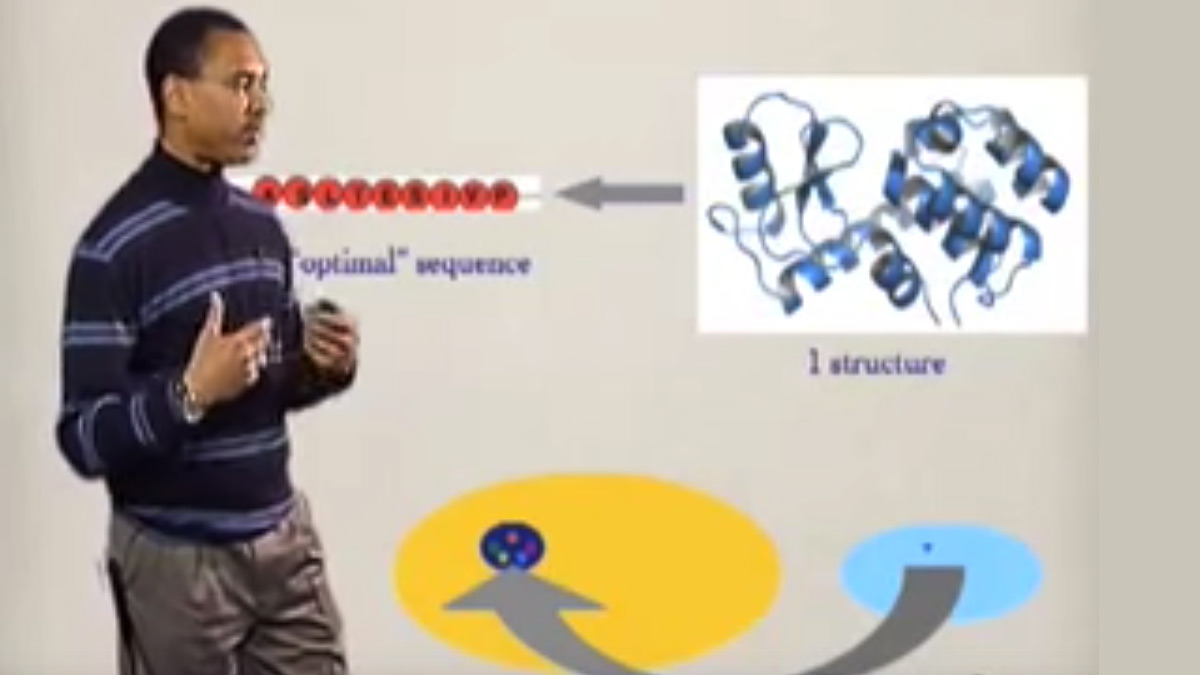
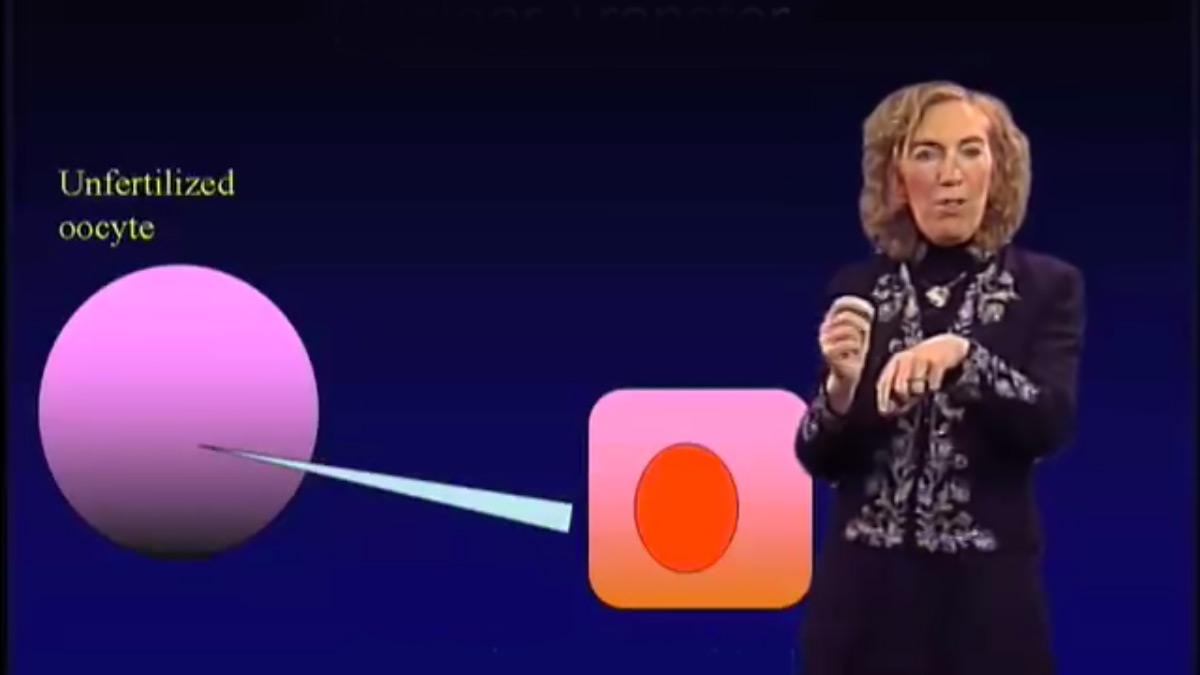
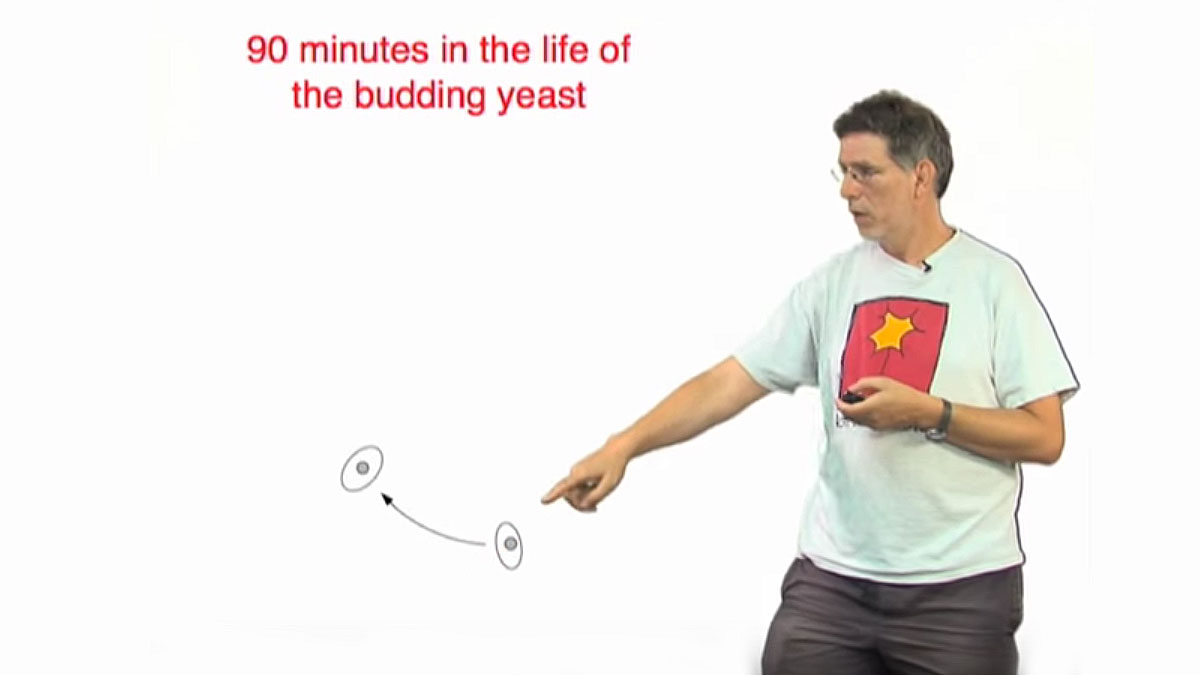
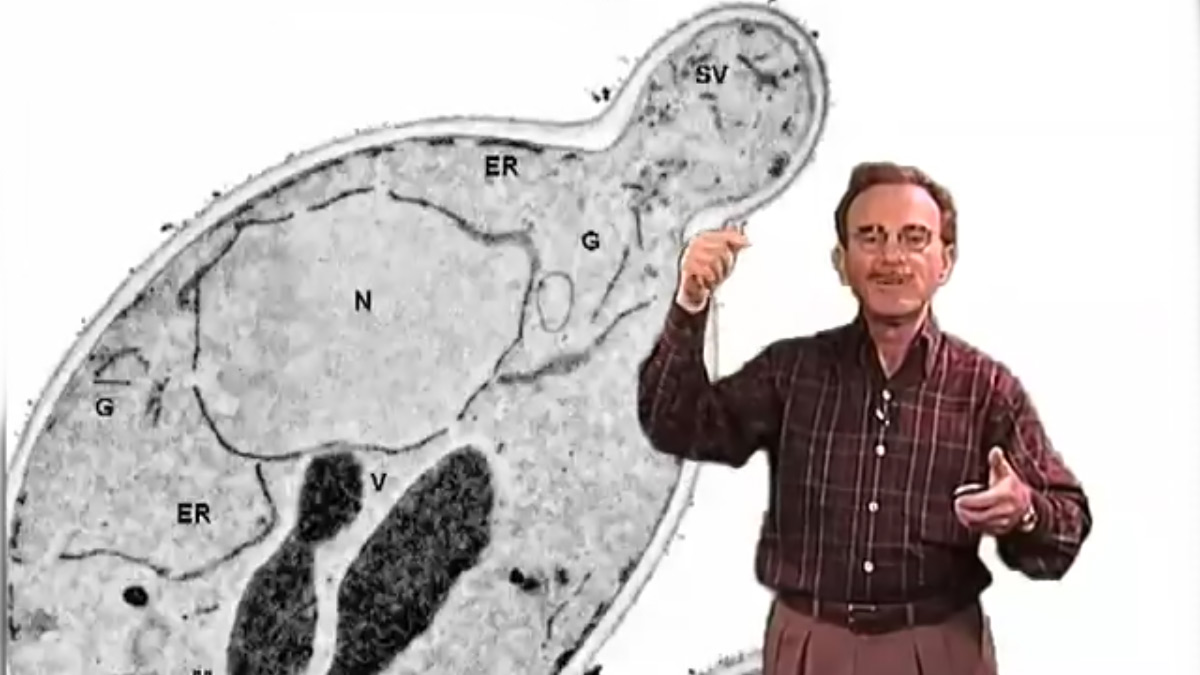




Leave a Reply